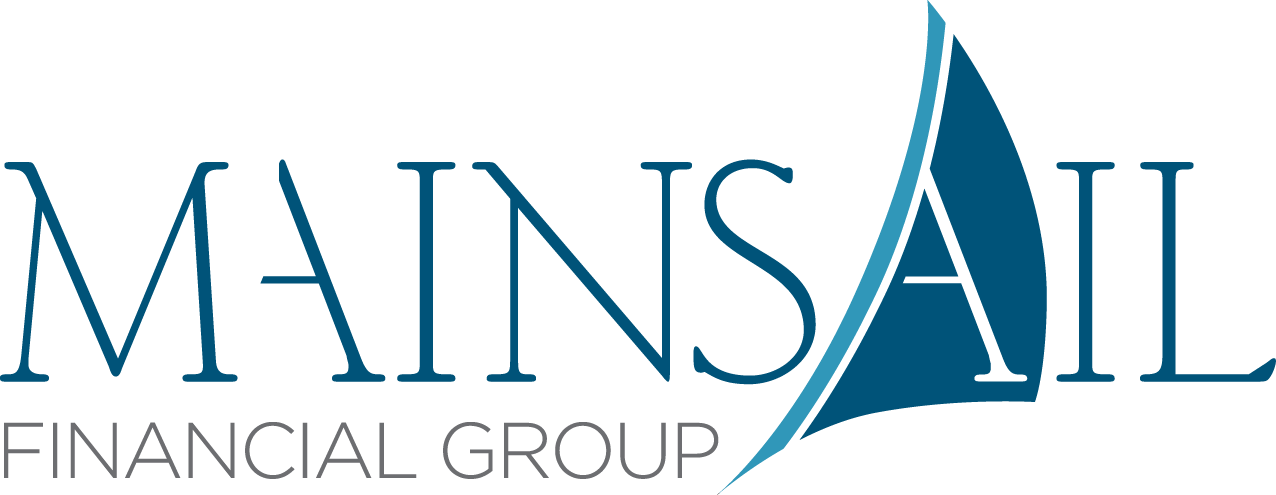The Secure Act: Here's What To Expect
A very significant piece of legislation was just recently signed into law that will go into effect January 1st, 2020, yet many individuals and business owners are unaware of the act and its significant impacts to their retirement and planning considerations. There are many provisions that fall under the new SECURE Act but here are the few that are most relevant and consequential. Please do keep in mind some of the nuances are still unfolding and there may be additional considerations over the course of the next year.
Required Minimum Distributions (RMD’s) now begin at age 72.
The IRS requires that you take money out and pay taxes on traditional IRA and 401(k) accounts starting at age 72 now. Unfortunately, if you turned 70 and ½ in 2019 or before, you will still be required to take your RMD’s moving forward according to the previous guidelines.
Inherited IRA RMD requires accounts to be distributed within 10 years.
Previously, most who inherited a retirement account were able to “stretch” the distributions, and taxes, over their lifetime. The new inherited IRA rules will only apply to inherited IRA’s whose original owner passed away on or after 1/1/2020. Under the new act, you MUST take the entire balance out of a non-spousal inherited IRA within a 10-year period. You may choose to distribute the account in increments over the course of 10 years or all at once in any one chosen tax year. However, this will clearly have significant tax impacts as any distributions may be considered ordinary income, so it is critical to consider the best plan to address these distributions given your specific circumstances. If you had previously inherited an account and were already taking stretch distributions, you are “grandfathered in” and will be able to continue stretching these distributions based on the previous rules. Those who would like to leave their IRA assets for future generations should consider alternate strategies to minimize this impact.
Qualified Charitable Donations (QCD’s) and Roth IRA’s may become more advantageous.
Those who do not need the funds RMD’s require may contribute these funds directly to a charity and not be forced to realize this income. You must be 70 and ½ to be eligible for QCD’s, but due to the new inherited IRA distribution requirements, this may be even more advantageous now to minimize your taxable income and start gifting before the new RMD’s kick in. Alternatively, you may consider converting your retirement accounts to a Roth in order to allow for tax-free distributions for the beneficiary.
The maximum age to contribute to retirement accounts has been removed.
Individuals are now able to contribute to retirement accounts regardless of their age as long as they are still working. Prior to the SECURE Act, those over 70 and ½ were prohibited from contributing to certain retirement accounts.
529 plan funds are now more flexible.
529 plan funds can now be used for apprenticeships or for qualified student loan payments, up to $10,000.
So how does this impact you? If you are a business owner, there are a few provisions that may impact the structure and benefits of your company’s retirement plans and would be well worth exploring. As an individual, if you expect an inheritance or would like to leave a legacy for future generations or charities the SECURE Act will impact you significantly. Proper planning is now more important than ever given the strict tax and timeline limitations for those receiving inherited IRA’s. You may want to consider Roth conversions, QCD’s (see above), or non-qualified vehicles to help maximize your legacy and minimize tax impacts.
If you have questions about this article, or if we can be of service, be sure to get in touch with us!

